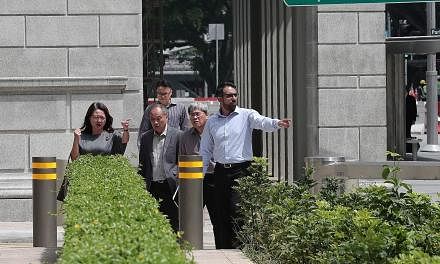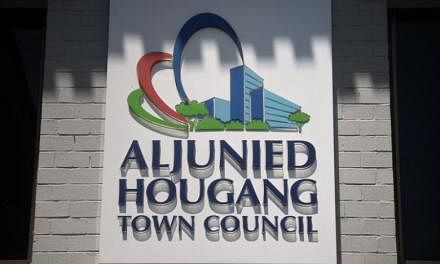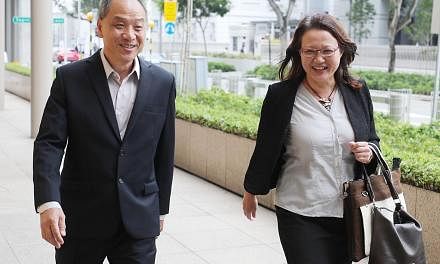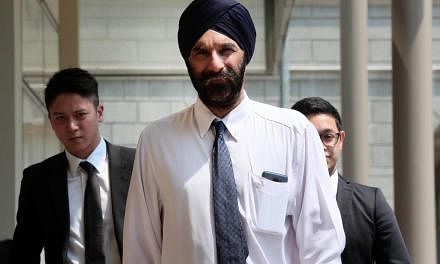No town council has sued its own town councillors before - until Aljunied-Hougang Town Council (AHTC) filed a lawsuit on July 21 against, among others, three of the Workers' Party MPs elected to run it.
The lawsuit is the latest turn of events in a long-running saga to shed light on improper payments made from AHTC's funds to its former managing agent.
It has spanned successive years of unhealthy audit opinions, unhappy statements from the Ministry of National Development (MND), and the appointment of independent auditor KPMG to comb through the council's accounts.
The lawsuit was directed not by MND, which regulates town councils, but by an independent panel appointed by AHTC to act on its behalf to recover improper past payments.
This prompts the question: Is there a better way to hold town councillors accountable?
Law and corporate governance experts say this saga happened largely because the previous iteration of the Town Councils Act did not have enough teeth to get town councils to comply with the law.
But since the regulatory regime was strengthened in March, any similar cases in the future should not be so arduous, they reckon.
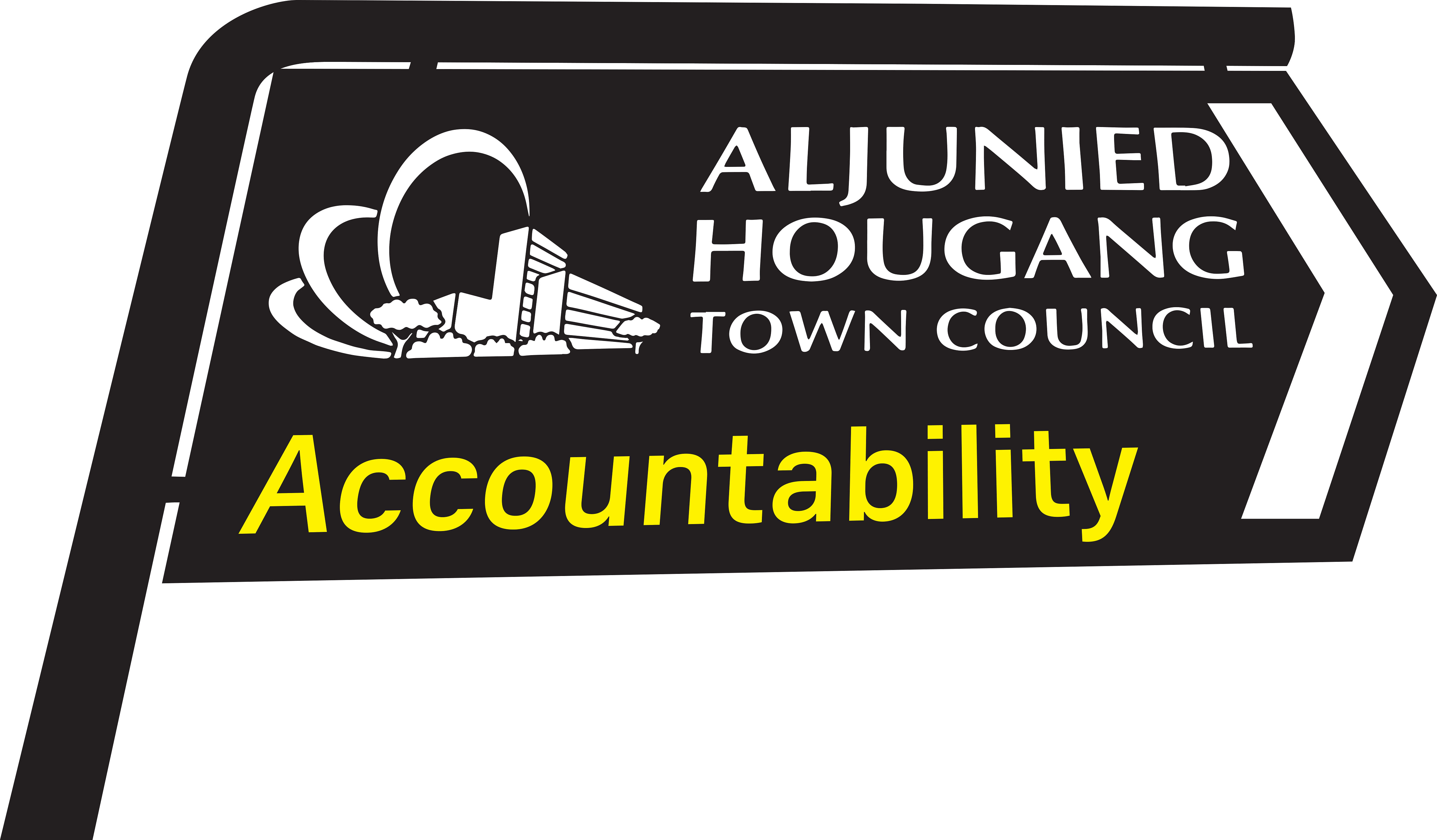
Says Singapore Management University law don Eugene Tan: "The current case appears convoluted and long-drawn because the alleged breaches are governed by the previous regime, which was more threadbare."
Previously, MND could not compel town councils to submit any information beyond their annual financial statements.
Neither could the ministry step in to investigate non-compliance or irregularities, under the old law.
But under new changes passed in March, the MND can appoint inspectors to do regular checks on town councils' finances, and investigate suspected irregularities.
The changes should make it possible to arrest any future irregularities in town council governance at an earlier stage, and more decisively.
Says ISEAS - Yusof Ishak Institute research fellow Mustafa Izzuddin: "There is already a sound and robust legal framework in place.
"But incremental steps can be taken to further strengthen the framework and streamline the process by which to hold town councillors accountable as early and as speedily as possible."
For instance, the Housing Board - which was responsible for estate maintenance before town councils were created in 1989 - can hold regular training and introduction programmes for new town councillors to better help them do their jobs, says Associate Prof Tan. "Since public monies are involved in town councils, it should not be a case of being thrown in at the deep end."
But in the event that regulators do need to step in, the political nature of town councils can make holding town councillors accountable "very tricky", says National University of Singapore corporate governance expert Mak Yuen Teen.
He adds: "If regulators or government agencies become involved, there may be perceptions of political persecution because the regulators or government agencies are controlled by the ruling party."
Prof Tan cautions against regulatory overreach, as the latest changes give regulators enough powers to enforce accountability.
After all, the original spirit of the town council framework was to give MPs as much autonomy as possible within the law, he notes. In addition to the Town Councils Act and its subsidiary legislation including financial rules, Singapore also has criminal and civil laws that give regulators enough powers to act.
Associate Professor Mak suggests another way is to take a leaf from companies' books and allow residents to act on behalf of town councils. He notes that various parties can take action when there is a breach of fiduciary duty in a company: the board can act on behalf of the firm; shareholders can also bring lawsuits on the company's behalf, as can liquidators if it is insolvent.
He suggests having a mechanism to allow residents to sue, akin to mechanisms that allow shareholders to sue on behalf of a company.
Whatever the means to hold councillors accountable, observers note that a lawsuit will provide some finality on the issues raised.
Says Dr Gillian Koh, deputy director at the Institute of Policy Studies: "Singaporeans take the rule of law seriously. What they want is that each group involved can justify its position on an equal footing, and the proper authority can decide if there was anything legally wrong with what had happened."
•Additional reporting by Priscilla Goy



